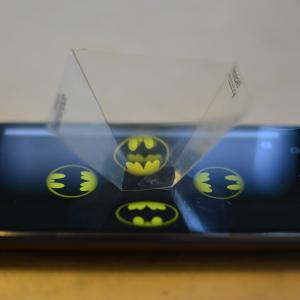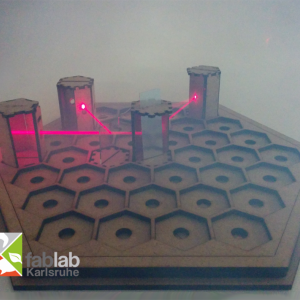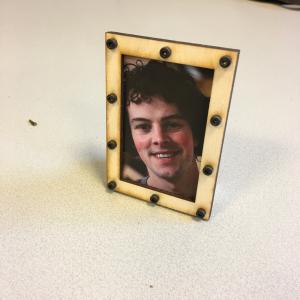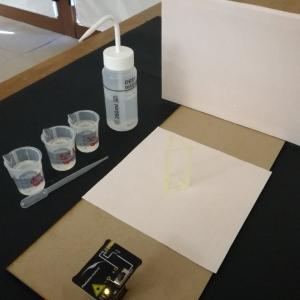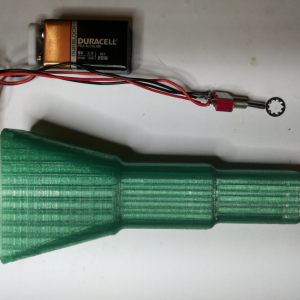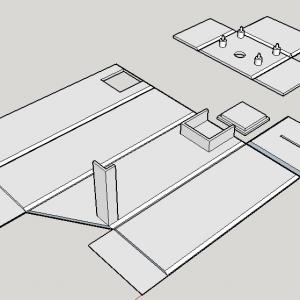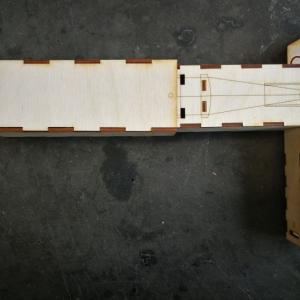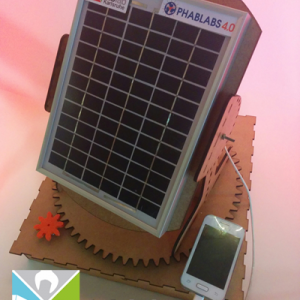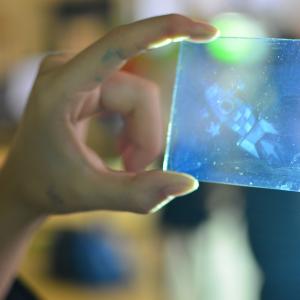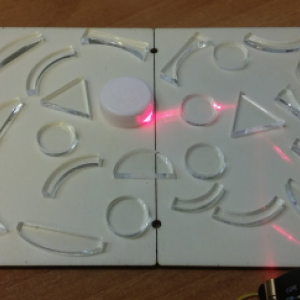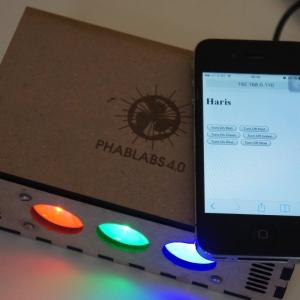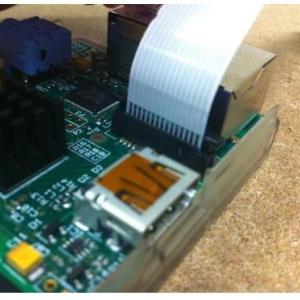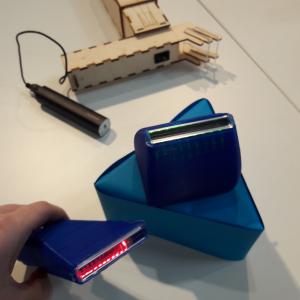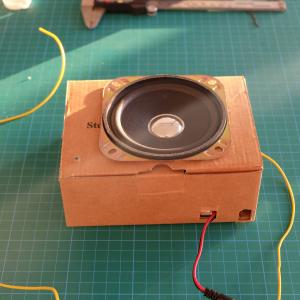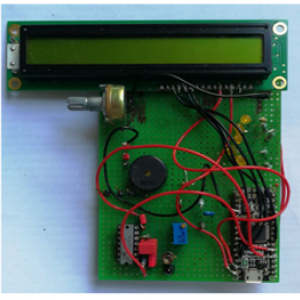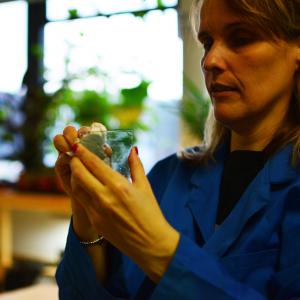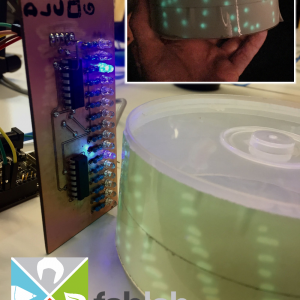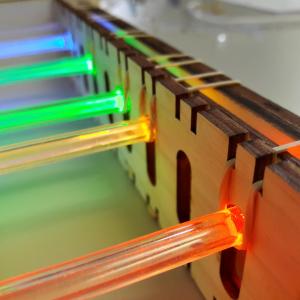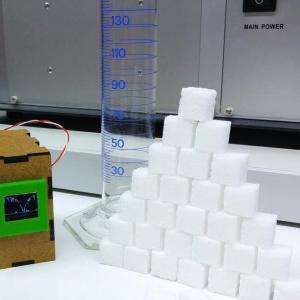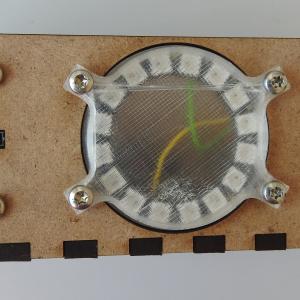Name
Of course these instructions are open source! Feel free to try out one of the 33 Photonics workshops developed in the PHABLABS 4.0 project. If you click on the workshops, you will find the instructions for the instructor (which will be often updated), the files needed for lasercutting, 3D printing and arduino. If you have more questions, please don't hesitate to contact us, phablabs4.0@gmail.com.
Get started, create a prototype and learn about photonics technology.
Interested in buying ready-made Photonics Toolkits? Complete toolkits for the 'GOBO Projector', 'IR glove' and 'smartphone controlled RGB lamp' can be bought by clicking on the picture below. For all other workshops, the photonics materials can be bought (they are part of the general photonics toolkit). Didn't found what you are looking for? Don't hesitate in contacting us.
The “Photonics Workshops” introduce a variety of fundamental photonics principles that are important to harness photonics properly to understand a wide variety of applications and create new ones.
In total 11 different topics of photonics are covered by the “Photonics Workshops”. The “Photonics Workshops” are developed by the photonics research organisations in the consortium, working in collaboration with the local pilot Fab Labs.
The “Photonics Workshops” are developed which are dedicated to each of the 3 different target groups: young minds (age 10-14), students (age 15-18), and Young Professionals and Technicians (age 18+). Special attention is given to positioning the content of these “Photonics Workshops” such that they are appealing to each of the different target groups. Especially for the young minds, a gender-balanced approach will be taken through a multitude of actions, e.g. the choice of the workshop content, how the workshops are organised, and instructions for the coaches. Through these actions we will bridge specific gender challenges with girls such as the general tendency for a lack of self-confidence in science and technology, stereotypes about gender roles, and the contextual approach.


